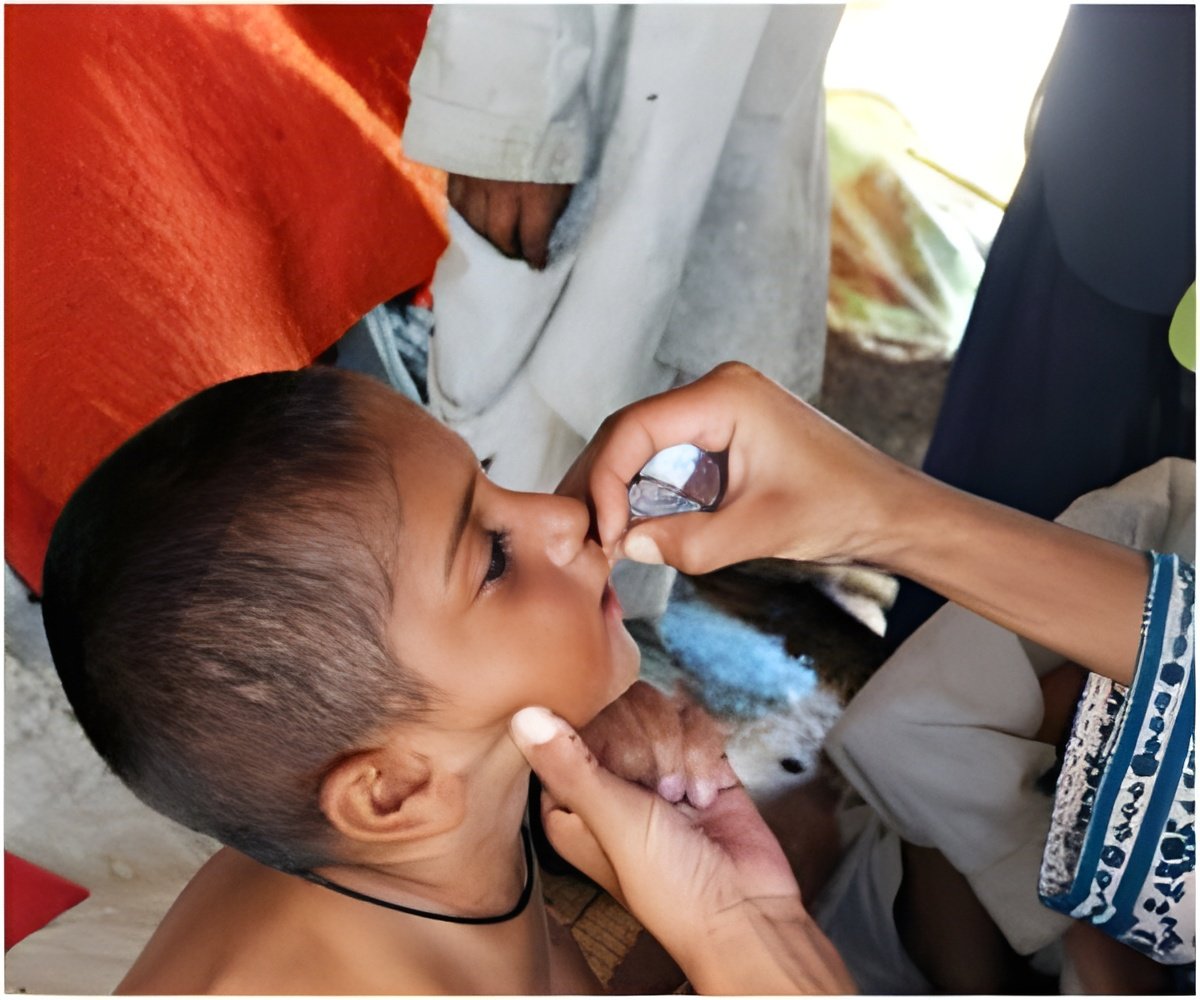
In addition, most countries use a type called inactivated polio vaccine (IPV), which is less effective against the virus than an oral vaccine which is now largely discontinued because it causes rare cases of paralysis, they warned.
At least 10 cases of polio have been confirmed by the World Health Organisation (WHO) in Syria, where vaccination has been disrupted by the war.
The polio virus has also been found in Israel in routine tests in sewage, from people who had the virus but did not develop the disease, prompting the country to launch an emergency innoculation campaign.
In their letter to The Lancet, Martin Eichner of the University of Tuebingen and Stefan Brockmann, a regional health officer in Reutlingen, said the risk of polio spreading to Europe was invisible but real.
Out of every 200 people infected with the polio virus, only one will develop the disease's classic symptoms, called acute flaccid paralysis, they said.
Advertisement
In addition to vaccinating Syrian refugees, "more comprehensive measures" should be considered, it said.
Advertisement
Source-AFP









